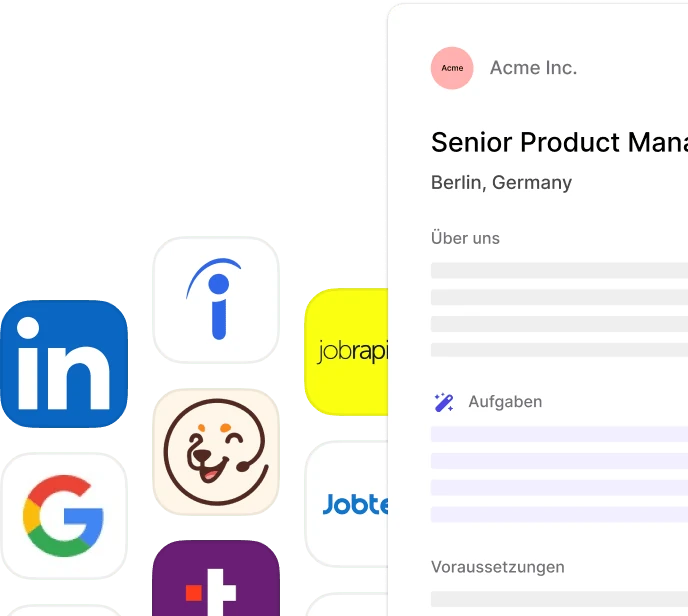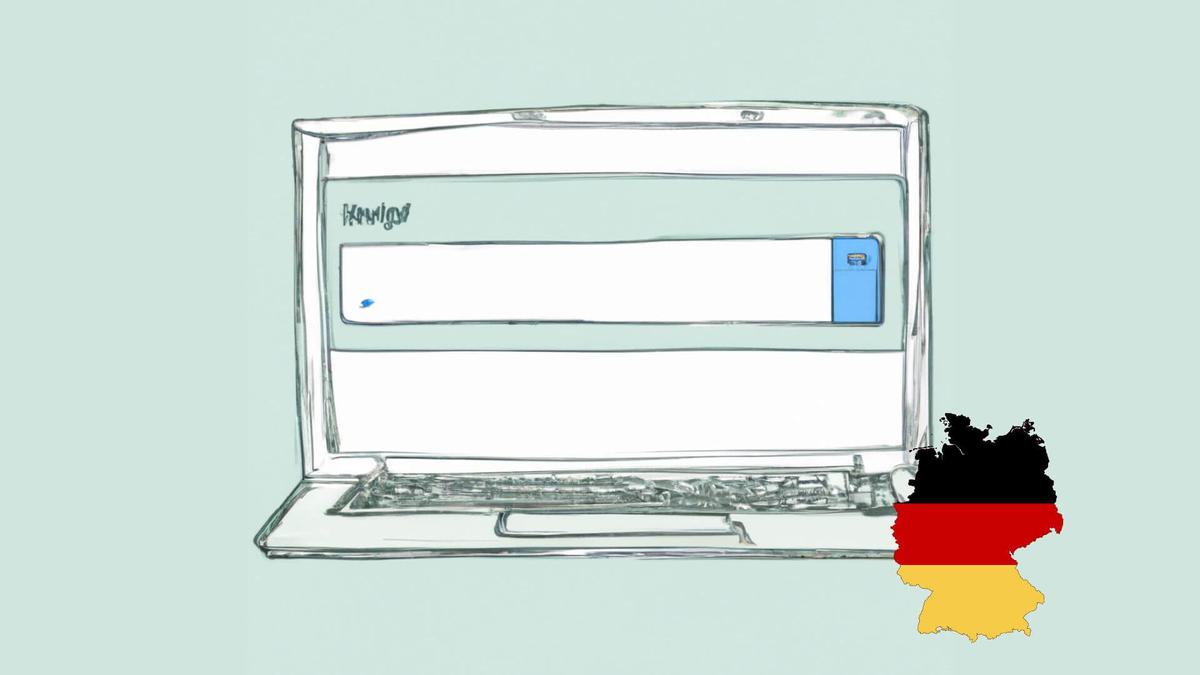Glossary: HR & Recruiting Definitions
What is the interview process?
The interview process is a multiple-stage process for hiring new employees. The stages mainly comprise job interviews held either one-on-one, with a group of candidates, or with a panel. Interviews are conducted in person, over the phone or by email, or via video conferencing tools. The exact process will vary for each organisation, depending on the role and who is responsible for recruiting and hiring.
The interview process consists of several distinct steps that help employers assess whether they want to hire a candidate for a job. The exact content of the steps of the interview process may vary, based on your business and the specific role you’re hiring for.
However, there is a standard structure that most companies follow, which includes specific types of questions to ask during these 5 stages of the interview process.
Before you start, keep in mind that there are two main objectives you are after. The purpose of the interview process is to:
- Determine if the job candidate is qualified and possesses the skills and experience needed to fulfil the role.
- Evaluate if the candidate is the right cultural fit, ensuring that their goals and values align with the organisation.
As such, the goal of holding interviews with candidates is to figure out if hiring someone benefits both parties.

Steps of the interview process
Each role to be filled requires different skill sets and experience levels, so the number of steps in the interview process will vary accordingly.
Typically, the most common interview steps and stages are as follows. We also explain what sort of questions to ask candidates for each stage of the interview process, so you can get a better understanding of the purpose of each step.
1. Initial screening interview
Most employers conduct preliminary interviews to vet selected applicants and ensure their skills are a strong enough match for the role. If an organisation is outsourcing recruiting to an agency, then an external recruiter will take over the initial screening interviews.
These initial screening interviews are kept short, generally a 15-20 minute phone interview or via a video conferencing tool. Screening interviews aim to narrow down which candidates to invite (shortlisting) to the official first interview round.
Therefore, typical screening interview questions will be relatively general, straightforward, and aimed at assessing a candidate’s hard skills and work experience. What practical experience and skills do they have to potentially perform the job?
At this stage of the interview process, you shouldn’t focus too much on cultural fit and culture add yet. Rather, consider it as finding out if the candidate “on paper” meets the requirements of the job.
Curious about example interview questions for this or the next stages of the process?
Then check out our dedicated article on the types of interview questions (and when to ask them)!
2. First interview
The next step in the interview process is generally referred to as the first interview. The first interview is usually a one-on-one interview with the applicant and hiring manager. Commonly, the first interview is in-person and on-site, but it can also be a virtual or a telephone interview.
The purpose of a first interview is to further screen candidates and assess the candidate’s experience and qualifications by building further on the initial screening.
The most common questions asked in a first interview pertain to the qualifications a company is looking for in their optimal candidate. The interviewer will inquire about the applicant’s work history, experience, and skills to determine whether a candidate can do the job and fit in with the company culture.
At this stage, you want to dive a bit deeper into their experience, beyond what’s written in their CV. By now, you also may start getting to know the person a bit better and not just their qualifications. You will expand on this further during the next step in the interview process.
3. Second interview
Candidates invited for a second interview are serious contenders for the role. Often this round is where candidates meet with different department heads and tour the workplace (when conducted in person).
In the second interview, the hiring manager from the first round might be present alongside someone who would directly work with the candidate.
The purpose of the second interview is to learn more about the candidate’s work experience and to assess whether they are a good cultural fit.
Second-round interview questions are a deep dive into the topics discussed in the first round. The interviewer will typically focus on job-specific questions that require candidates to respond with detailed answers with specific examples of how their abilities will enable them to perform well in the role.
Therefore, this round typically includes behavioural and situational questions:
- Behavioural interview questions ask candidates to recall an experience, explain how they handled it, and describe the outcome. They encourage candidates to share stories that detail where they excelled or struggled at past jobs.
- Situational interview questions present candidates with hypothetical situations and ask them how they would respond. These kinds of questions give insight into a candidate’s problem-solving skills and how they handle workplace conflict. Evaluating the answers to these questions will help shape the final candidate list.
Other kinds of second interview questions probe further into why the candidate wants the job and how much they know about or understand what the company does.
By now, you should have gained a solid understanding of the candidate’s work experience and preferred ways of working. You’ve also got to know their personality a bit more, giving you an idea of whether they’d fit into your team.
You almost finished the interview process and found your next hire. But before making a decision, you might want to invite the candidate for one more interview.
4. Third interview
Not all interview processes include the third interview, so what happens in this round might occur in the second interview. In some cases, the third interview takes place after a candidate has completed a candidate assessment or might consist of a candidate presentation.
If there is a third interview, the goal will be to go even deeper into a candidate’s ability and aptitude for the job. This interview step will include more behavioural and situational questions.
At this stage, you also want to ask any further questions you might have to assess how they might fit into your workplace culture and team structure.
These interview questions are all asked with the candidate being hired in mind. They are hypothetical situations of what working with the candidate might look like and how they might fit into your team.
5. The decision
At this stage, you shouldn’t have more than one or two potential candidates left. Both parties have had multiple chances to ask as many questions as they like, so any candidate that’s left should make a great addition to your team. So it’s time to make the final decision.
The interview process is complete once an offer is made to a candidate. Depending on the industry, some companies do a background check or contact references before sending an official offer letter. Just make sure you always comply with GDPR regulations!
It’s common for candidates to first receive a verbal offer over the phone or in writing via email (or both) to make sure they are happy with the terms or identify areas that need negotiating.
As soon as they accept the offer, you can officially close the interview process and the candidate will move on to the next stage: The onboarding process.
Free recruiting software that helps you hire faster
Find out for yourself how we help you attract, screen, and manage the best talent to grow your team.
Get started for freeRelated terms


